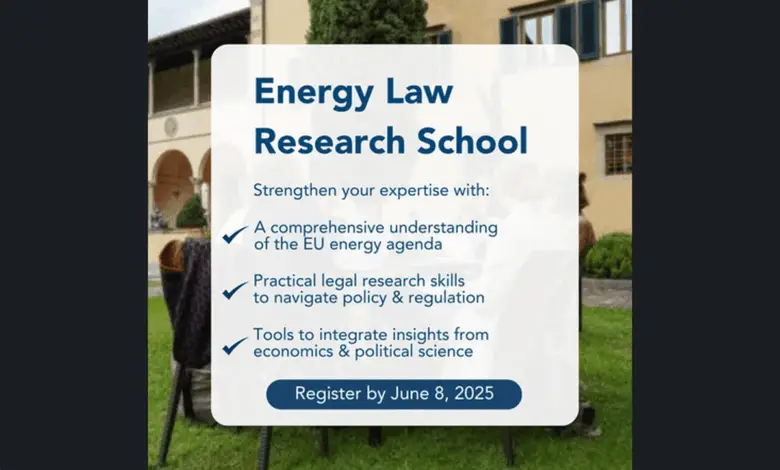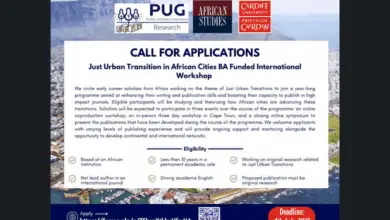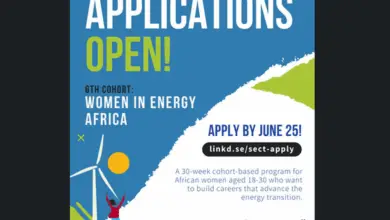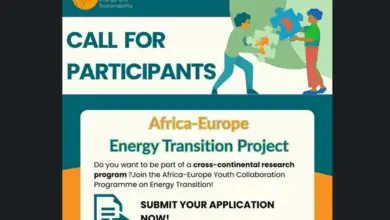Call for Applications to join the Energy Law Research School at the Florence School of Regulation in Italy (scholarships available)

Closing Date: 8 Jun 2025
Call for Applications to join the Energy Law Research School at the Florence School of Regulation in Italy (scholarships available)
Overview
The Energy Law Research School seeks to offer emerging scholars (doctoral and postdoctoral researchers) in EU energy law the opportunity to gain an understanding of the most important issues in the field, while sharpening their legal and interdisciplinary research skills.
Bringing together a forward-thinking faculty of legal experts and adopting a strong, multidisciplinary research approach, this training will provide participants with practical instruction and advice on the most important emerging issues in EU energy law and discover how to bolster their research by using a range of legal methods and by pragmatically harnessing the findings of other disciplines. It will help participants navigate the complexities of the study of the EU’s energy law and will support them in positioning their research output in order to fully leverage the complementarities between law, economics and political science in examining current EU energy issues.
This course is conducted in collaboration with the ERC INTEL Project (University of Eastern Finland) and the ELAWNET Project (University of Oslo).
Backround
European energy law is subject to lively scholarly enquiry. Significant changes in the EU’s energy acquis over the course of the first von der Leyen Commission have created novel challenges for EU energy law, but at the same time opened up new, fruitful avenues for academic analysis. The Clean Industrial Deal priority of the 2024-2029 Commission and the Union’s quest for strategic autonomy in its energy policy as well as in industrial and raw materials supply chains is likely to add even more complexity and interdependencies.
The multifaceted and increasingly intricate interplay between, policy, technology, law and regulation calls for an approach to the study of EU energy law that cannot remain confined to the doctrinal, but must position itself in dialogue with other disciplines studying the Union’s energy transition. It must be able to draw on multidisciplinary research and at the same be conscious of the ways in which legal research can add value to policy and academic analysis in other disciplines.
In this training, participants will receive practical instruction and advice on the most important emerging issues in EU energy law and discover how to bolster their research by using legal methodologies and by pragmatically harnessing the findings of other disciplines.
Participants will gain a comprehensive understanding of the EU’s energy agenda and acquire the necessary tools to engage with it academically. This training will empower them to contribute to the debate in an incisive and impactful manner.
Energy Law Research School Structure
Day 1: The Research Agenda in EU Energy Law
- Conceptualising EU energy law as a discipline
- The legacy of the European Green Deal and REPowerEU
- Energy policy priorities of the 2024-29 Commission: key legal and regulatory issues
- How does energy law research relate to the EU’s policy priorities?
Day 2: Designing and Leveraging Impactful EU Energy Law Research Projects
Part I (morning)
- The ‘added value’ of EU energy law
- Identifying impactful opportunities for energy law research
- Making energy law accessible to other disciplines when writing and presenting
Part II (afternoon)
- Discussion of papers
Day 3: Methodology and Interdisciplinarity in Energy Law
Part I (morning)
- (Legal) research methods and energy
- How to approach the interdisciplinarity of energy in legal research
- Positioning your own research in the methodological scenery of energy law research
Part II (afternoon)
- Panel and roundtable discussion on publishing EU energy law research
- Discussion of papers (continued)
The Learning Approach
Peer Learning and Collaboration
Participants will work in small, guided discussion groups to present and review each other’s research. This approach promotes peer learning, allowing participants to gain diverse perspectives and improve their work through constructive feedback.
Cross-sectoral, interactive lectures
Engage participants with lectures that integrate the state of the art in EU energy law with insights from economics and policy research, fostering a comprehensive and interdisciplinary understanding of the subject.
Networking Activities
Participants will have opportunity to exchange knowledge and experiences with peers and experts in the field in more informal sessions such as lunches and social events.
Click Here To Apply
Follow Opportunities For Everyone on Social Media




